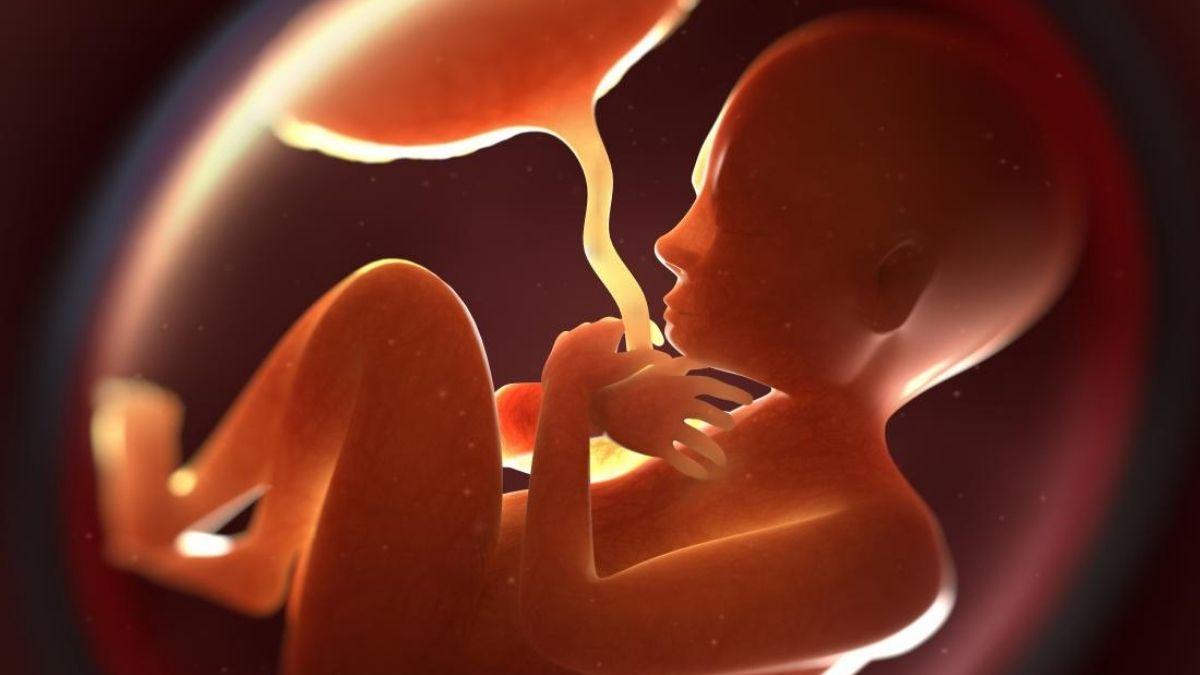As an independent midwife with a special interest in screening test in pregnancy, I often am asked what a low PAPP-A result means. What causes it? Does it matter? Should I be concerned? Will my baby be OK?
What is PAPP-A?
PAPP-A is produced by the placenta. This means it is unique to the current pregnancy. PAPP-A stands for Pregnancy Associated Plasma Protein-A
In the early weeks of pregnancy, the placenta forms and embeds itself onto the wall of the uterus. By the time of the 12 week scan the placenta is made and PAPP-A can be found in the mother’s blood.
How and when is it tested?
The level of PAPP-A is assessed as part of the combined test. It is not currently available as a separate test. This tells you that it is not a very sensitive indicator of major concerns in pregnancy. If it was, a test would be made available for those who choose not to have the combined test.
For over 20 years now the combined test has been offered in the NHS. It uses PAPP-A as one of the factors in the calculation because it was realised that in many cases where the baby had chromosomal difference there were unusual relative levels of PAPP-A and bHCG (the pregnancy hormone) . In the last 10 years there has been research ongoing about how this can be interpreted .
What is a “low” result?
Like most things in nature, there is a wide range of what is normal for different people. Simply knowing the measurement doesn’t tell us much. It is rather like knowing someone’s height – is that ideal for them as an individual? The way we do it is to compare the result with “people like you” because we know that various things such as ethnicity, body size, whether you smoke and so on can influence what can be seen as average. On the combined test report this is expresses as the MoM value. The closer a result is to 1, the more average (& so probably normal) it can be seen to be.
The MoM level considered to be “low” depends who you ask! In most places a level of 0.4MoM is used, but in the vast majority of cases no issues will be discovered & we therefore have to conclude that the level was normal for that woman and that baby in that pregnancy.
What does a low level mean?
The answer is, quite likely, absolutely nothing. A low PAPP-A level result combined with an unusual level of bHCG will affect the result of the combined test, increasing the estimate of the chance of chromosomal condition. It is important to understand that it isn’t that low PAPP-A causes chromosomal difference. Chromosomal conditions can mean that the placenta doesn’t form normally – that can mean that it produces less PAPP-A. If this is a concern for you, there is more information here.
The relevance of low PAPP-A is that it suggests that the placenta isn’t quite as big/effective as it might be. This can mean that the placenta doesn’t function optimally as baby’s requirements increase in late pregnancy. It is also thought to be related to the development of pre-eclampsia. For this reason it is often suggested that if you have low PAPP-A you should have serial scans to track baby’s growth in the later weeks of pregnancy. You may also be advised to take an aspirin daily. In most cases however, babies grow absolutely fine and no intervention is needed.
From this information, you will realise that this is a complex area. Research is continuing so that we can better understand the issues and advise you more accurately. In the meantime, if you want more information about a low PAPP-A result and your personal situation, please initially contact your maternity services provider. If you want more time to discuss your questions and concerns than the NHS is able to offer you, you may want to consider using the services of a private midwife. The fact that you have found yourself here suggests that, for you, the NHS has not been able to offer enough time to discuss something which is crucially important to you. You can supplement NHS maternity services with consultations with me. I offer both virtual consultations and home visits, at a time to suit you and I have time to discuss things and to explain.


2 Comments
I had a low Papp-A result around 14 weeks as part of the CA Quad Screen. ( I reside n the USA) and according to my medical records my husband and I were informed of the results. But NEITHER HE NOR I RECALL BEING TOLD THIS. I looked up what such results can mean and discovered they can mean the woman is at greater risk for preeclampsia! This startled me because at 38+2—48 hours after I stopped the Lovenox injections I’d put myself on to treat “a minor” APA (clotting disorder which I’d been told MIGHT have contributed to or caused three prior fetal demises) I came down with the worst class of HELLP Syndrome & nearly died, missing out on my baby girl’s–first six months of life while I recovered from the stroke/coma/liver rupture in five different hospitals! NOW I WISH SOMEONE HAD TAKEN THE TIME TO EXPLAIN TO US IN DETAIL WHAT SUCH A LOW PAPP-A RESULT CAN MEAN!!!!!
Is there a correlation with low HCG and low PAPP A or do they have no direct influence on each other?
Thanks.